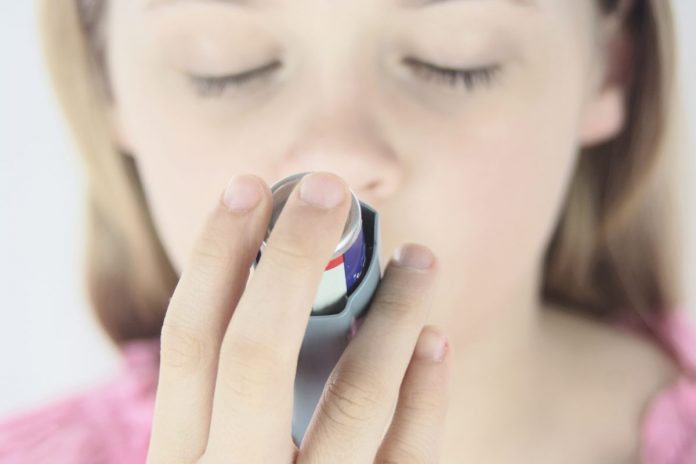Professor Jonathan Grigg, the Royal College of Paediatrics and Child Health (RCPCH) writes about the risks air pollution poses to our country’s children…
This year marks the 60th anniversary of the Clean Air Act, the first air pollution law of its kind. The Act was in response to London’s ‘Great Smog of ‘52’ which the government at the time estimated had led to 4,000 deaths and 100,000 Londoners falling ill – later research would estimate the death toll was nearer 12,000 . Nowadays the so called ‘pea soup fog’ floating over the capital is nothing but a distant memory, but that does not mean the effects of air pollution are not still perilous today. The children of the 1950’s were subjected to breathing in large quantities of soot particles from coal burning and lead from petrol, leading to both respiratory and neurological problems. Now our young people are left to breathe an invisible mix of diesel soot particles and nitrogen dioxide (NO2), a different, but similarly dangerous proposition.
Our recent joint report with the RCP, Every breath we take: The lifelong impact of air pollution, found that 40,000 deaths a year in the UK can be linked in some way to air pollution, and that high exposure to toxic traffic fumes can lead to serious health problems in children with lifelong implications and could lead to detrimental effects on growth, intelligence and neurological development. As is so often the case, it is children that are more vulnerable to the effects of our environment, and they who bear the brunt of our actions. They are especially vulnerable to the effect of inhaled pollutants, indeed, at no other point is the body undergoing such rapid changes, as the brain, lung and immune system mature.
These rapid changes are at their most robust during the first months and years, with babies and toddlers often struggling with wheezing and frequent coughs as a result of air pollution. But perhaps the most significant finding of our report is that, after years of debate, there is now overwhelming evidence that air pollution is associated with reduced lung growth during childhood and increased risk of developing asthma. At a time when every 20 minutes a child is admitted to hospital because of an asthma attack, and 1 in 3 in every classroom is suffering from the disease, it is clear that we must as matter of urgency clean up our act on air pollution.
But pollution is not just something you breathe in when shopping in our busy city centres – there are also air pollutants in the home. Anything from kitchen products, to open fires through to faulty boilers can emit compounds with the potential to cause long term ill health. When we are thought to spend around 26 years of our life sleeping in our home, the risks attached to highly polluted homes are obvious.
What steps must we take to overcome this issue? The RCPCH and RCP want to see the onus put on the polluters. We want to see those who pollute most take responsibility for the negative effect they have on our health and see tougher regulations introduced in the UK to ensure reductions in emissions. We want to see better monitoring of air pollution by central and local governments to more accurately identify where most people are exposed, and then see these results effectively communicated to the public. We also want to see more research into the effects of indoor-generated air pollution. We want our paediatricians to be trained to communicate both the risks of air pollution, but also ways of reducing exposure to parents and children. But we also want individuals to take responsibility. If you are only a small commute from work, try cycling. For those travelling further afield, can you take public transport?
That thick smog of the past may be exactly that – a thing of the past – but just because you can’t see the pollution of today doesn’t mean it isn’t harmful. Collectively, if we all do our bit to reduce air pollution we can all make a difference. But most importantly we need Government to act to reduce emissions from roads – maybe we really do need a new Clean Air Act.
Professor Jonathan Grigg
Report Lead
Royal College of Paediatrics and Child Health (RCPCH)












Ever heard of cars and diesel engines mate! ?
Drive a 4X4 do you?
Been warned off by georgey-porgy on the economic disbenefits of attacking the car industry?
Shame on you.